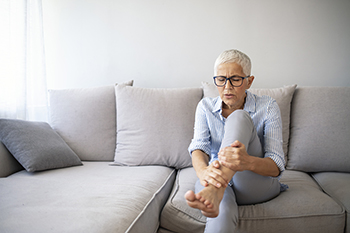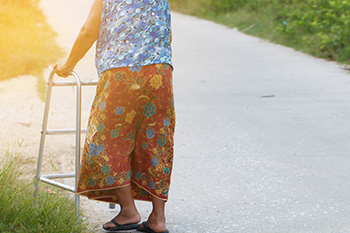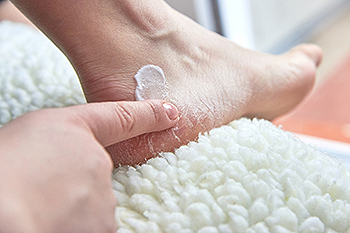
Arthritis has long been considered an ailment of the elderly, but a variety of other people are actually experiencing some form of arthritis, even children. Arthritis is an inflammation of the joints that produces pain, swelling, and muscle stiffness that often affect the toes, feet, and ankles. Among the causes are the deterioration of cartilage that then endangers the bones, an attack of the autoimmune system, smoking, previous injury, over-exercising or repetitive stress, serious infections, and heredity. There are many types of arthritis, including rheumatoid, psoriatic, osteoarthritis, fibromyalgia, gout, ankylosing spondylitis, lupus and juvenile. The most easily recognizable symptoms of arthritis include pain and swelling in the joints, redness, difficulty in walking or moving the joints, stiffness in the morning, and tenderness to the touch. Many treatments are available that allow you to live with this condition. If you think you or your child may have arthritis, it is a good idea to contact a podiatrist for a complete examination and diagnosis, as well as possible treatment plans.
Arthritis can be a difficult condition to live with. If you are seeking treatment, contact one of our podiatrists from Carolina Foot & Ankle Specialists. Our doctors can provide the care you need to keep you pain-free and on your feet.
Arthritic Foot Care
Arthritis is a joint disorder that involves the inflammation of different joints in your body, such as those in your feet. Arthritis is often caused by a degenerative joint disease and causes mild to severe pain in all affected areas. In addition to this, swelling and stiffness in the affected joints can also be a common symptom of arthritis.
In many cases, wearing ill-fitting shoes can worsen the effects and pain of arthritis. Wearing shoes that have a lower heel and extra room can help your feet feel more comfortable. In cases of rheumatoid arthritis, the arch in your foot may become problematic. Buying shoes with proper arch support that contour to your feet can help immensely.
Alleviating Arthritic Pain
- Exercises that stretch the foot can prevent further pain and injury and increase mobility
- Most of the pain can be alleviated with anti-inflammatory drugs, heat, and topical medications
- Massages can help temporarily alleviate pain.
It is best to see your doctor for the treatment that is right for your needs and symptoms. Conditions vary, and a podiatrist can help you determine the right method of care for your feet.
If you have any questions, please feel free to contact our offices located in Mount Pleasant and Charleston, SC . We offer the newest diagnostic tools and technology to treat your foot and ankle needs.





